Biologists investigate mass die-of freshwater mussels
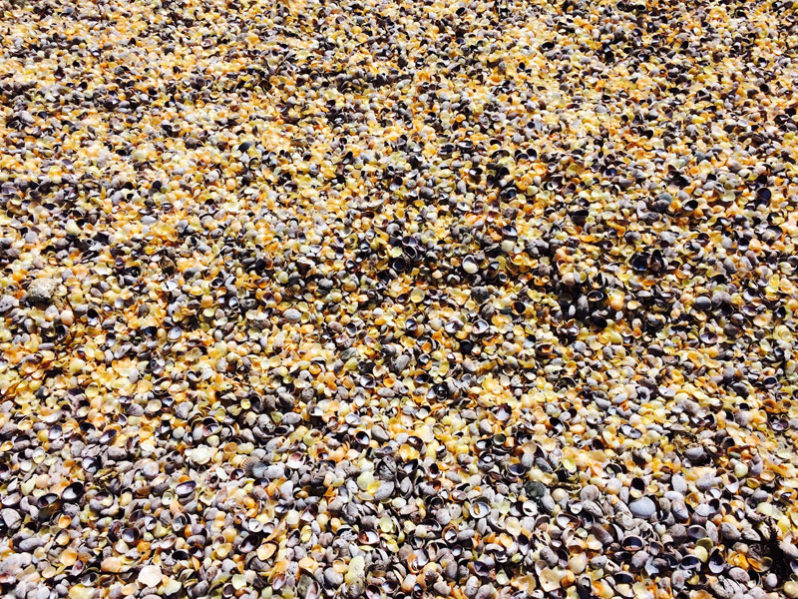
Freshwater mussels, like pollinators and trees, are critical to their larger ecosystems and the world around them. They filter out sediment and agricultural runoff, limiting the size and impacts of dead zones.
A pipeline runs through it
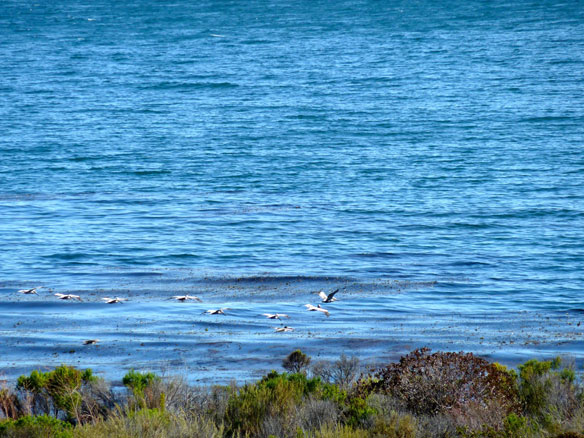
The 600-mile Atlantic Coast Pipeline could soon slice across Appalachia. If completed, the hundreds of miles of 42- and 36-inch diameter steel would carry 1.5 billion cubic feet of natural gas every day.
Gulf of Mexico coral reefs to protect from storm surge in the future — But will they?
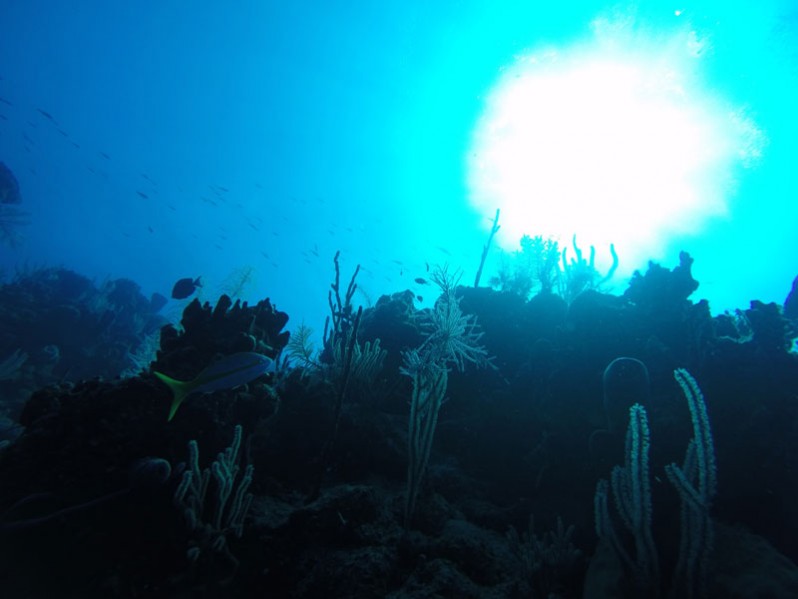
Coral reefs support 25 percent of all marine life around the globe. Those in the Gulf of Mexico, along the coasts of Louisiana, Florida, Texas and Mexico, serve as important barriers to storm surge, lessening the impact of dangerous hurricanes.
Beached sperm whale found with 220 pounds of trash in his stomach
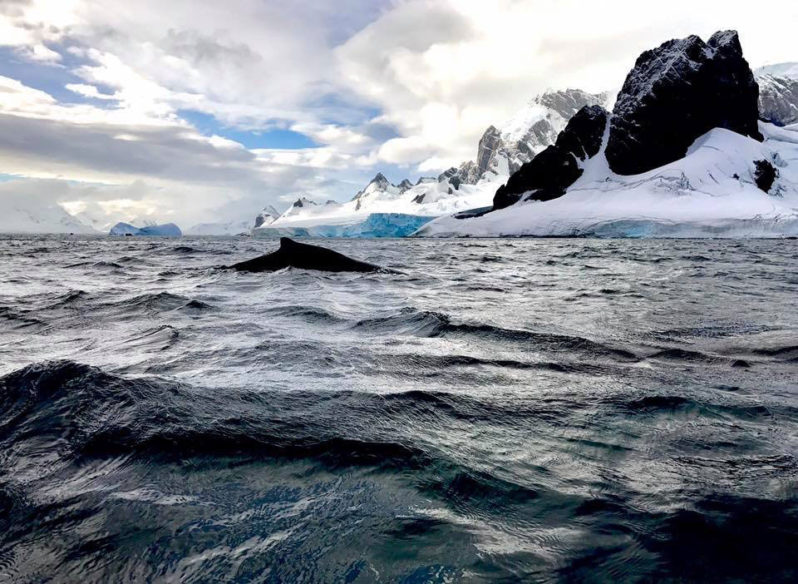
A sperm whale that washed up on a beach was found with 220 pounds of plastic trash in his stomach. The whale beached itself and died on a northern Scottish island.
World War II Hazards Emerge on Massively Eroded Australian Beach
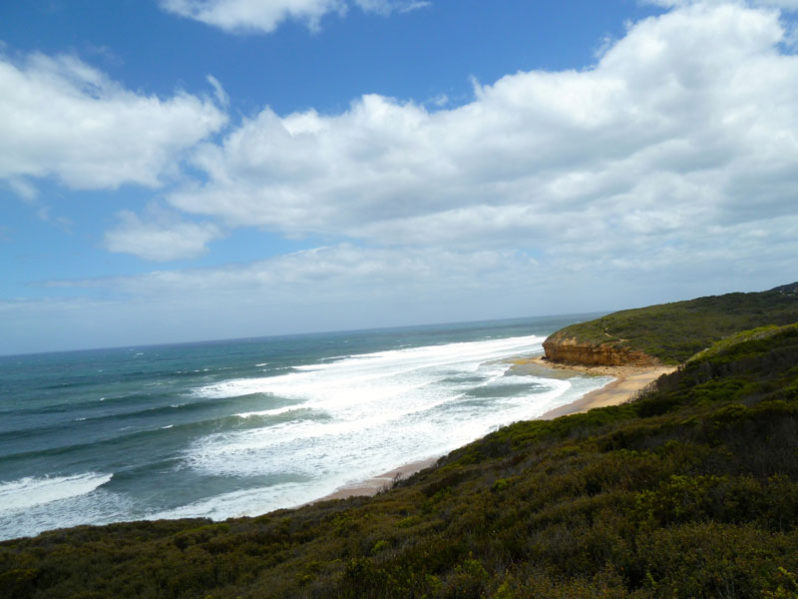
Unprecedented coastal erosion on an Australian beach has uncovered thousands of potentially hazardous spiky World War II tank traps.
Great Barrier Reef study shows how reef copes with rapid sea-level rise
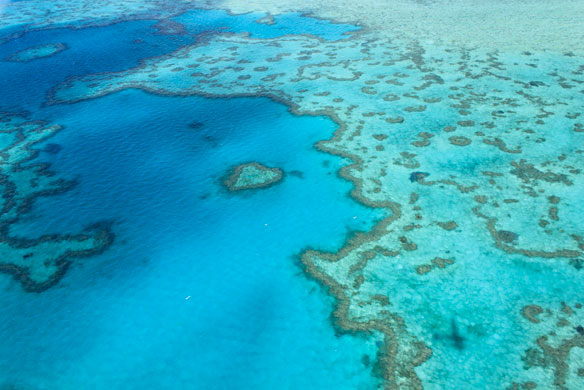
A survey of coral reef cores on the Great Barrier Reef has revealed how it has responded to recent periods of rapid sea-level rise. The study, covering the past 9000 years, has revealed a system in delicate balance.
Bacterial communities ‘hitchhiking’ on marine plastic trash
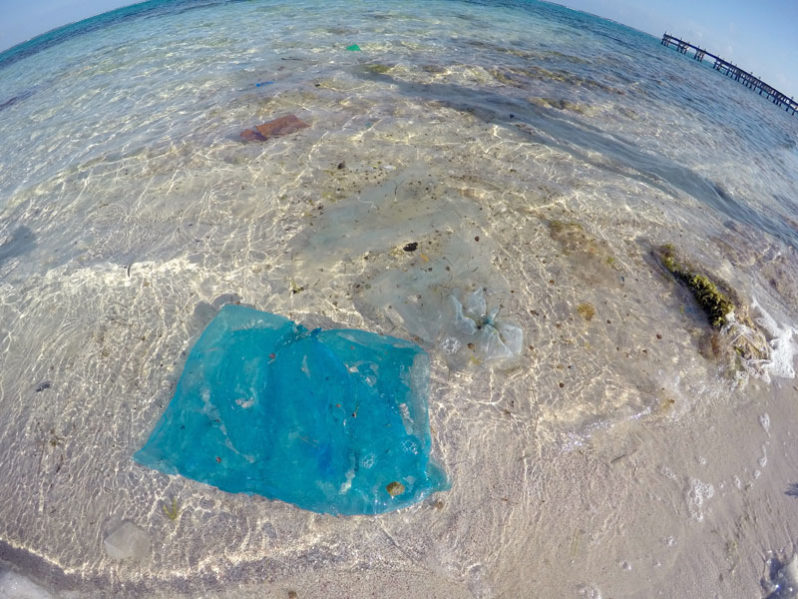
Using an innovative microscopy method, scientists have revealed the structure of the microbial communities coating microplastic trash collected from a variety of ocean sites.
Antarctic ice sheets could be at greater risk of melting than previously thought
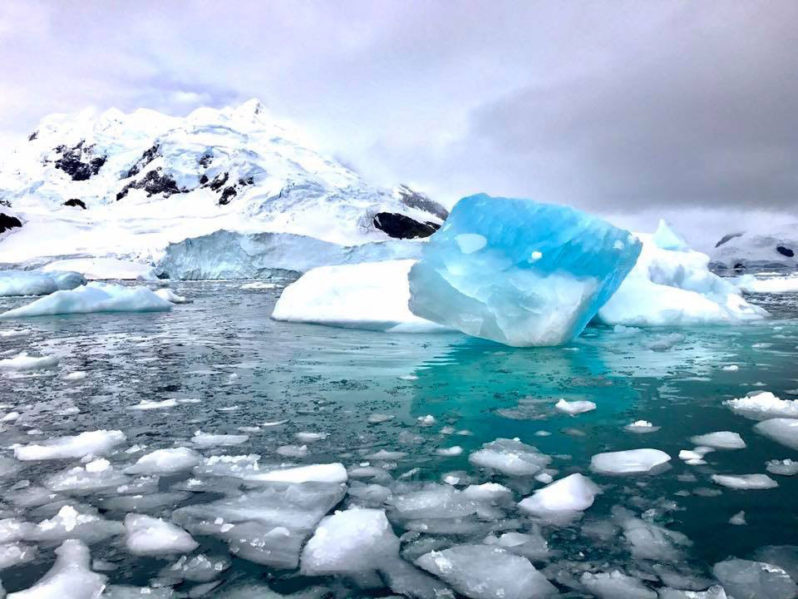
Antarctica. Photo courtesy of © Denis Delestrac for Coastal Care’s Photo of the Month, July and August 2018. Excerpts; Antarctica is the largest reservoir of ice on Earth — but new research by the University of South Australia suggests it could be at greater risk of melting than previously thought… Read Full Article; Science Daily […]
This Florida Keys neighborhood has been flooded for nearly 3 months
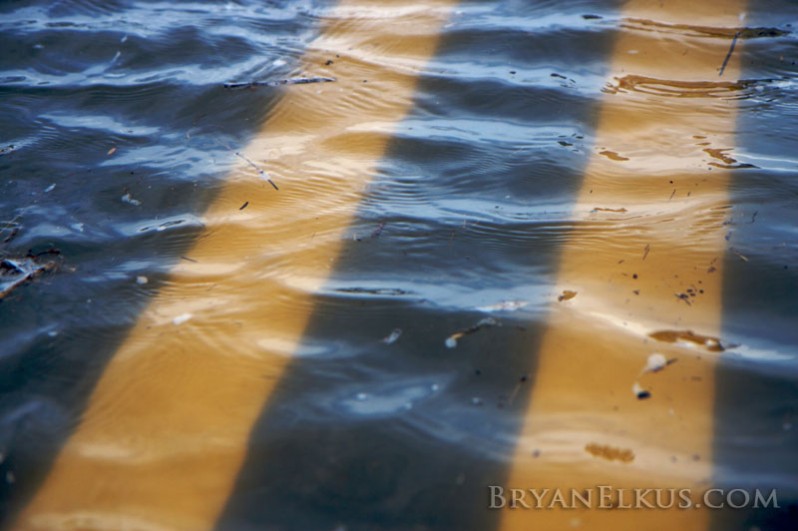
The flooding here and elsewhere is happening during so-called “king tides.” Those are times, mostly in the fall, when the moon’s gravitational pull means tides are higher than usual.
